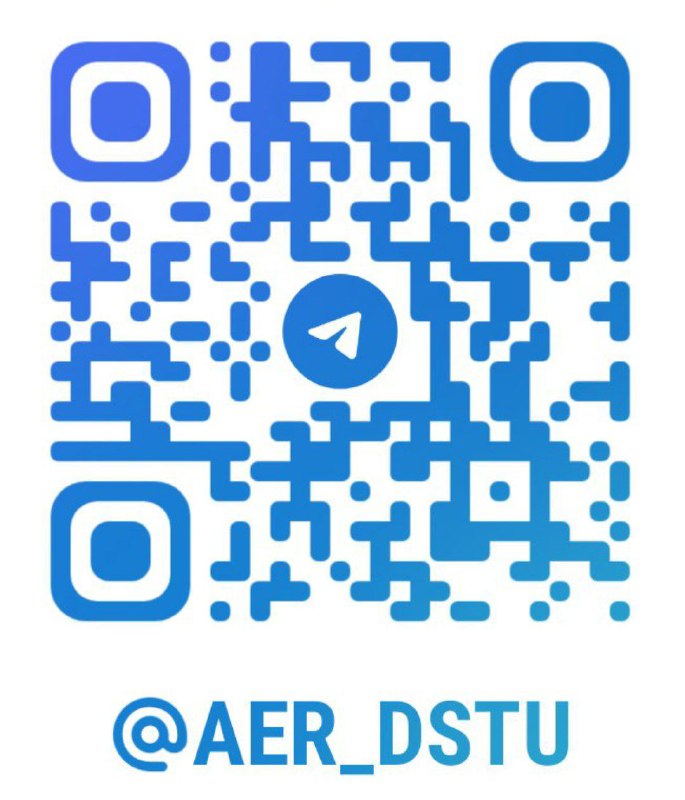MANIPULATION OF INTERCOURSE ELEMENTS AS A WAY TO OPTIMIZE THE PRAGMA-SEMANTIC FIELD OF MODERN BUSINESS ENGLISH COMMUNICATION: FUNCTIONAL-SYNERGETIC ASPECT
Abstract
The detailed functional-synergetic analysis of interdiscourse elements in the pragma-semantic system of the Business English discourse is considered. These elements catalyze self-organizing processes and generate new spontaneous functional qualities. Analysis of examples taken from both oral and written Business English situations proves that when semantic fields and structural peculiarities of Business English overlap with those of other types of the institutional communication, the pragma-semantic system is optimized, the communicative purpose is achieved easier despite the chaos at earlier stages of the system development, and the text acquires semantic versatility as a result of the interaction intensification between the discourse and the recipients’ consciousness which functions as a non-linear external environment. Manipulating the parameters of the functional system and conditioning constructive chaos increase the pragmatic potential of the business English rhetoric.
About the Author
Dmitry Sergeyevich KhramchenkoRussian Federation
References
1. Tchernyavskaya, V. E. Lingvistika teksta: polikodovost, intertekstualnost, interdiskursivnost. [Text linguistics. Codes, intertextuality, interdiscoursivity.] Moscow : Librocom, 2009, 248 p. (in Russian).
2. Pêcheux, M. Propisnyye istiny. Lingvistika, semantika, filosofia. [Copybook maxims. Linguistics, semantics, philosophy.] Kvadratura smysla. Frantsuzkaya shkola analiza diskursa. [Quadrature of semantics. French tradition of discourse analysis.] Moscow : Progress, 1999, pp. 225–290 (in Russian).
3. Olizko, N. S. Semiotiko-sinergeticheskaya interpretatsia osobennostey realizatsii kategoriy in-tertekstualnosti i interdiskursivnosti v postmodernistskom khudozhestvennom diskurse. [Semiotic-synergetic interpretation of peculiarities of categories of intertextuality and interdescoursivity in post-modern fictional discourse : Dr. philol. sci. diss., author’s abstract.] Chelyabinsk, 2009, 43 p. (in Russian).
4. Phillips, L., Jorgensen M. Diskurs-analiz. Teoriya i metod. [Discourse-analysis. Theory and methodology.] Kharkov : Gumanitarnyy tsentr, 2008, 352 p. (in Russian).
5. Khramchenko, D. S. Ironiya v angliyskom delovom diskurse (funktsionalno-sinergeticheskiy podkhod) [Irony in business English discourse (functional-synergetic approach) : Cand. philol. sci. diss.] Tula, 2010, 209 p. (in Russian).
6. Ponomarenko, E. V. Lingvosinergetika bizness-obshcheniya s pozitsiy kompetentnostnogo podkhoda (na materiale angliyskogo yazika). [Linguosynergetics of business English communication.] Mos-cow : MGIMO-University, 2010, 148 p. (in Russian).
7. Shcherba, L. V. Yazikovaya sistema i rechevaya deyatelnost. [Language system and speech activity.] Moscow : Editorial URSS, 2004, 432 p. (in Russian).
8. Archer J. Sons of Fortune. London : Pan Books, 2003, 597 p.
9. The religious rituals of the finance sector. Available at: http://www.economist.com/
10. node/18744391 (accessed : 24.01.2013).
Review
For citations:
Khramchenko D.S. MANIPULATION OF INTERCOURSE ELEMENTS AS A WAY TO OPTIMIZE THE PRAGMA-SEMANTIC FIELD OF MODERN BUSINESS ENGLISH COMMUNICATION: FUNCTIONAL-SYNERGETIC ASPECT. Vestnik of Don State Technical University. 2013;13(7-8):156-161. (In Russ.) https://doi.org/10.12737/2031
JATS XML













































